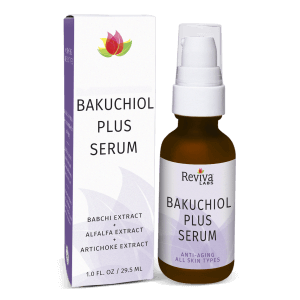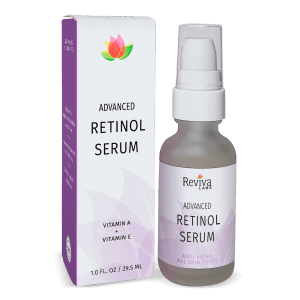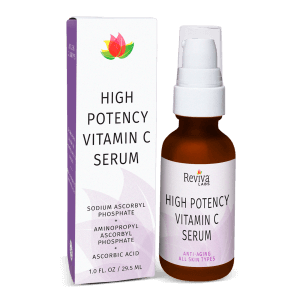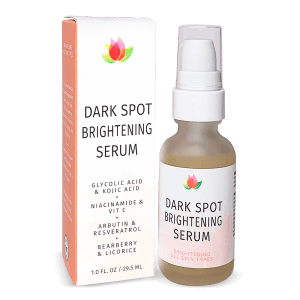Ingredients, Reviva Labs, Skin Care
The Growing Popularity of Face Oils
In recent years, face oils have gained considerable attention for their hydrating properties and ability to enhance skin health. Derived from natural plant sources, these oils are packed with essential nutrients, antioxidants, and fatty acids that can rejuvenate the skin’s barrier, promote hydration, and provide a radiant glow.
Understanding the Benefits of Face Oils
The core benefit of face oils lies in their ability to fortify the skin’s natural barrier that leads to improved hydration and resilience against environmental stressors. These oils are primarily composed of essential fatty acids, antioxidants, and vitamins, which are pivotal in maintaining skin health. For instance, argan oil, rich in vitamin E and fatty acids, can dramatically boost skin hydration and elasticity.
Additionally, face oils can help to regulate the skin’s natural oil production, making them beneficial for both dry and oily skin types. Additionally, some face oils contain anti-inflammatory properties which can soothe irritation and reduce redness.
Who Should Use Face Oils?
While face oils are generally beneficial for all skin types, they’re especially good for those with dry or aging skin. Their rich, emollient properties help to lock in moisture and reinforce the skin’s natural barrier, which is often compromised in dry skin conditions. Look for face oils that contain Marula or Hemp Seed oil for their ability to heal and soothe dry skin.
While using a face oil may seem contradictory for those with oily skin, using lightweight oils like jojoba, rosehip or argan can actually help balance hydration and diminish excess oiliness. These oils can also act as an anti-inflammatory for sensitive or acne prone skin.
Integrating Face Oils into Your Daily Routine
Incorporating a face oil into your daily skincare routine is simple. The best time to apply a face oil is after your serums but before your moisturizer. Simply pat the oil into the face to ensure that the oil can effectively seal in the benefits of active ingredients from the previous products. For those using retinol or other potent treatments, face oil can provide a soothing buffer, alleviating potential irritation.
Morning or Night—Or Both?
The flexibility of face oils extends to their use at different times of the day. In the morning, a light layer of oil can prep the skin for makeup by imparting a dewy glow. At night, a more generous application can act as a deeply nourishing treatment, working in tandem with the body’s natural repair processes. For those with extremely dry skin, it might be best to incorporate a face oil twice daily which can significantly improve skin hydration levels.
Face Oils Are Not Substitutes for Moisturizers
It’s a common misconception that face oils can replace moisturizers entirely. While face oils do provide hydration and can lock in moisture, they do not replace the broad-spectrum benefits of moisturizers. Moisturizers often contain a combination of humectants, emollients, and occlusives that work together to hydrate, soften, and protect the skin, which is not always achievable with an oil alone. For the best results, use both products in tandem: apply your face oil, then follow up with a moisturizer to seal in all the benefits.
Your Skincare with Face Oils
Face oils are a timeless addition to skincare routines, offering a range of benefits that cater to all skin types. By understanding how to properly integrate these oils and selecting the right type for your skin, you can enhance your skin’s health and appearance dramatically. Whether used alone or in combination with other skincare products, face oils are a worthy investment in achieving a radiant, hydrated complexion.











